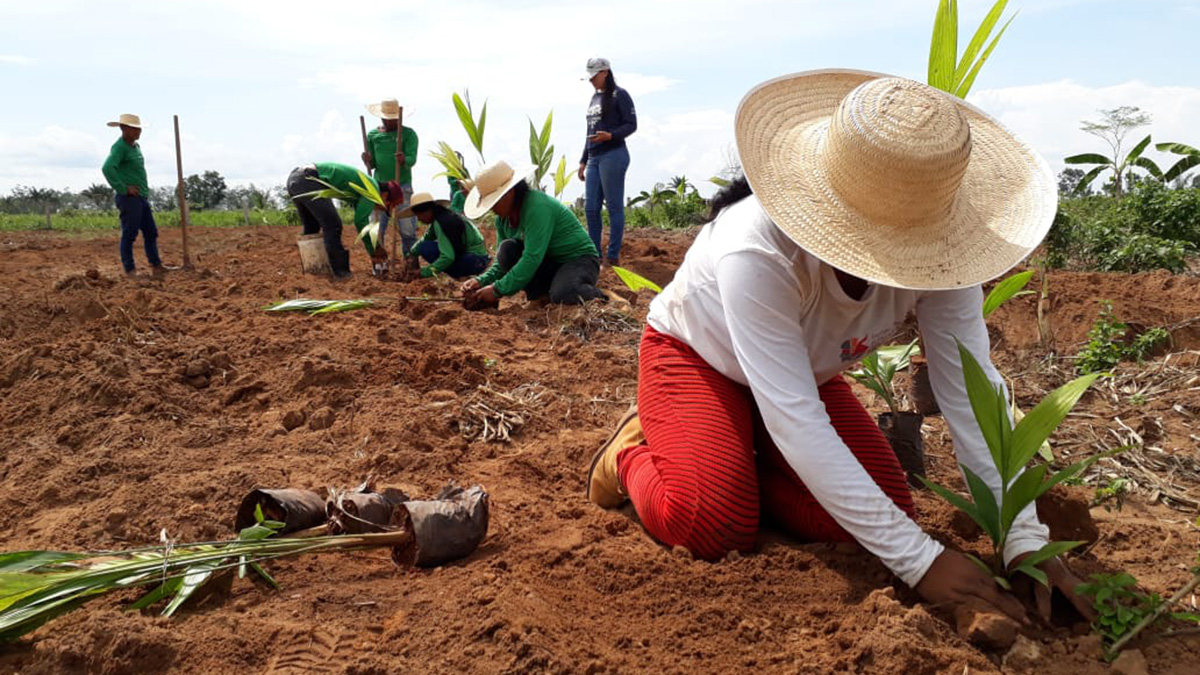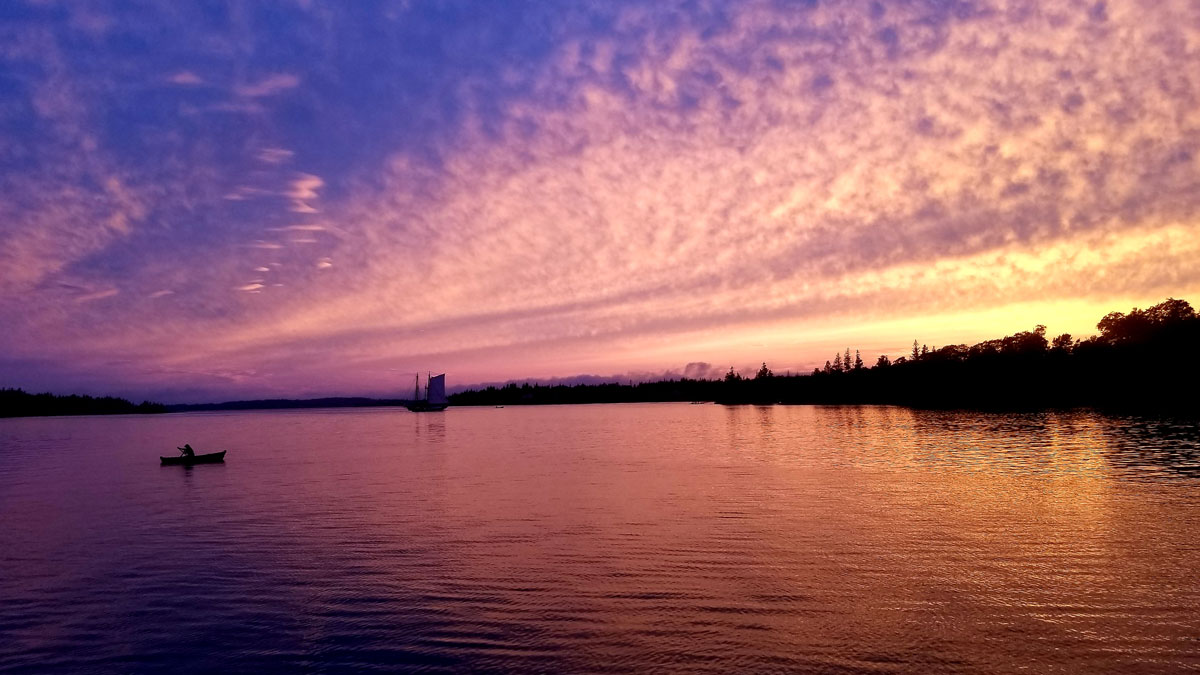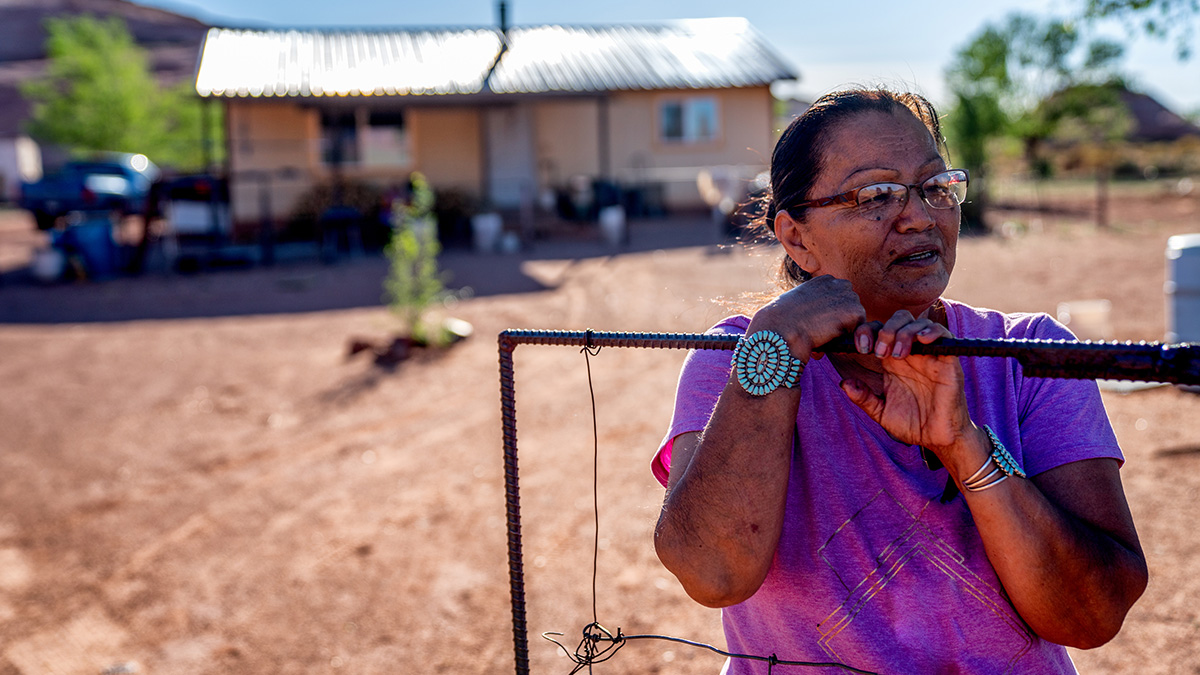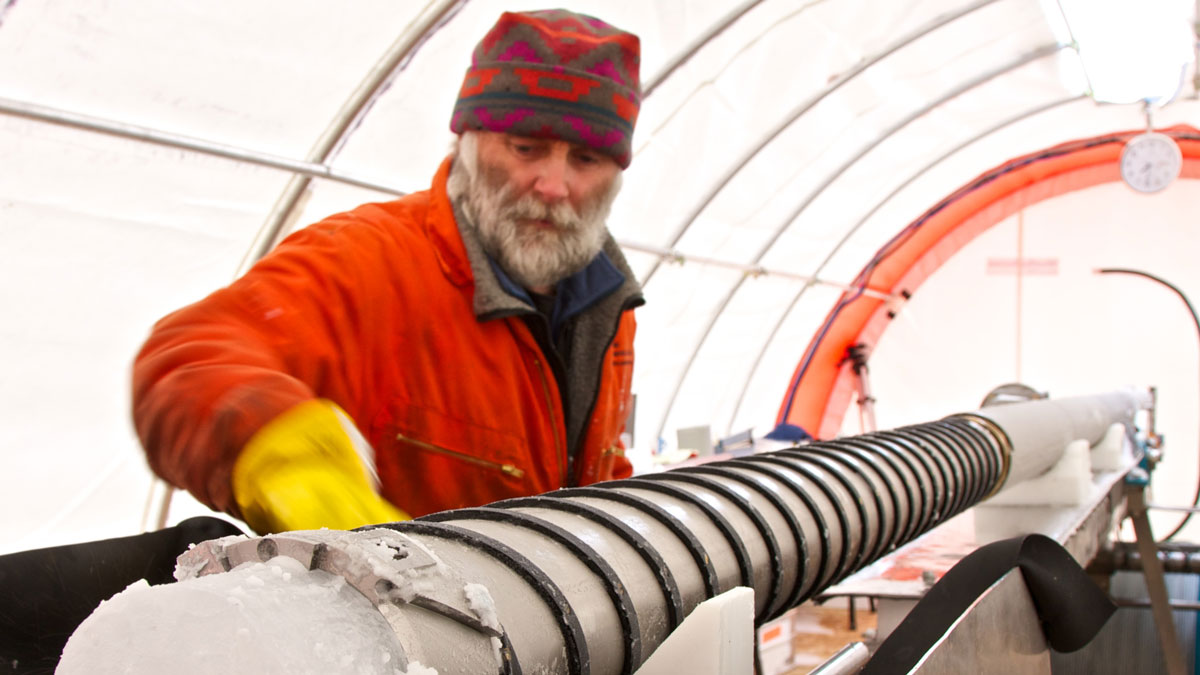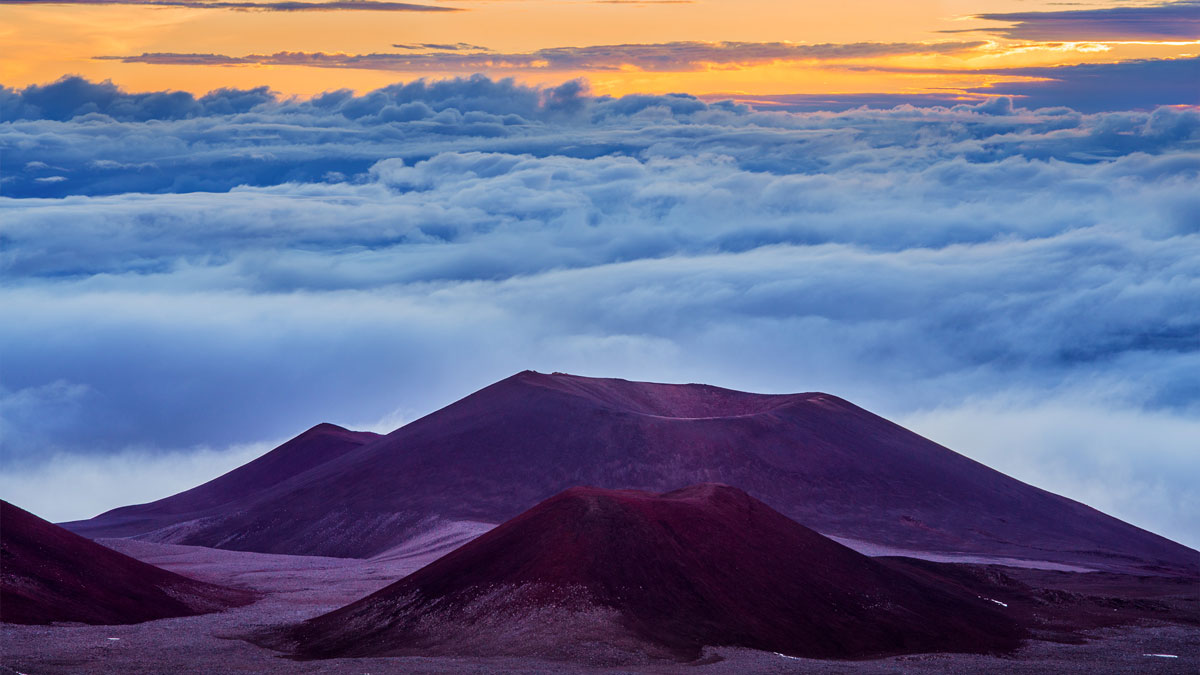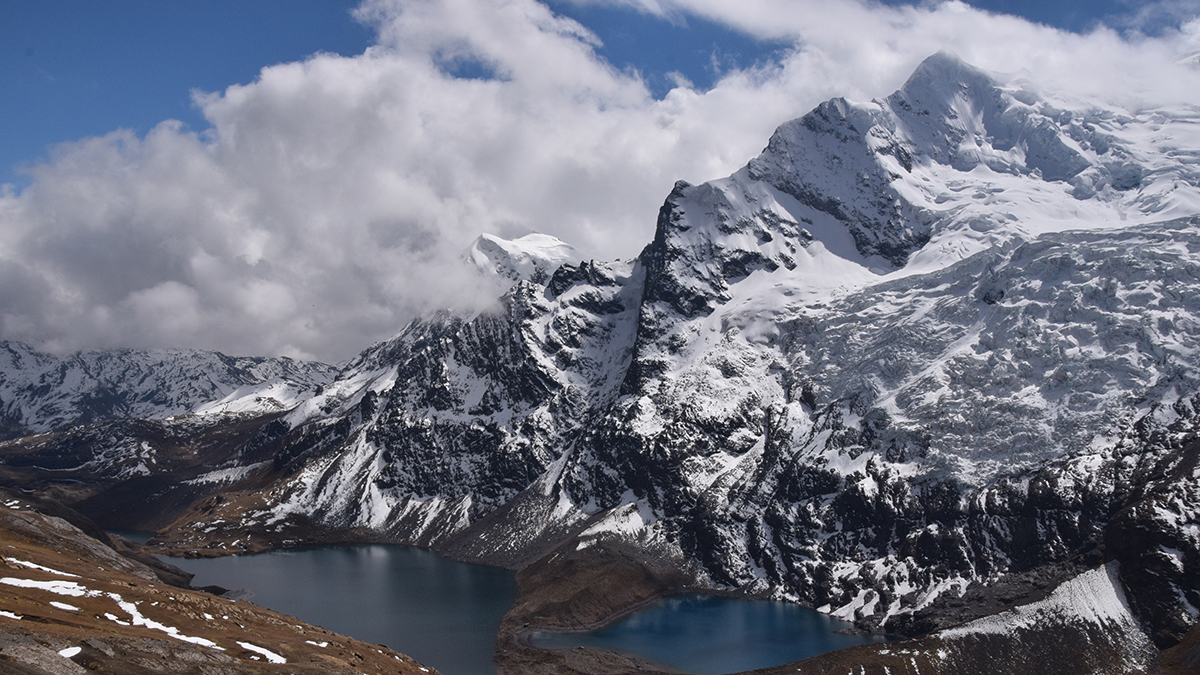Researchers identified geochemical tracers for lead and investigated Oklahomans’ concerns at the Tar Creek Superfund site.
Indigenous Peoples & Traditional Knowledges
Indigenous Communities Outline Their Climate Data Priorities
Native American tribal communities are actively engaged in adapting to climate change. What information and data will help them build resilience to the new normal?
Water Wisdom: The Indigenous Scientists Walking in Two Worlds
Meet the international researchers who draw on both academic training and cultural experience to help Indigenous communities protect water, restore ecosystems, and sustain traditional resources.
Traditional Knowledge Is Essential to Sustainability in the Amazon
At COP26, the Science Panel for the Amazon is emphasizing the need for Indigenous and Local Knowledge to inform scientific and policy recommendations.
Windjamming on the Warming Gulf of Maine
Living in Geologic Time: A sailing venture reveals economic upheaval along Maine’s enduring coast.
Academic Citations Evolve to Include Indigenous Oral Teachings
A librarian has developed citation templates for oral teachings shared by members of Indigenous communities.
Could AI Be Useful for Arctic Communities Facing Sea Ice Loss?
The forecasting tool IceNet promises to be a useful tool for evaluating sea ice loss in the Arctic. But ethical and logistic considerations have to be taken before scientific and Indigenous communities start working together.
Māori Arrival in New Zealand Revealed in Antarctic Ice Cores
A new study shows smoke from fires set by the first inhabitants of Aotearoa from around 1300 left a mark in the ice 6,000 kilometers away, on an island off the Antarctic Peninsula.
Reframing Funding Strategies to Build Reciprocity
Extractive and exploitive practices erode trust in Western science among Indigenous communities. Changing funding structures is one way to develop reciprocity and respect and repair relationships.
Adapting to Receding Glaciers in the Tropical Andes
Integrated approaches are needed to understand and respond to changes in tropical mountain ecosystems and communities brought about by receding glaciers and changes in land use.




